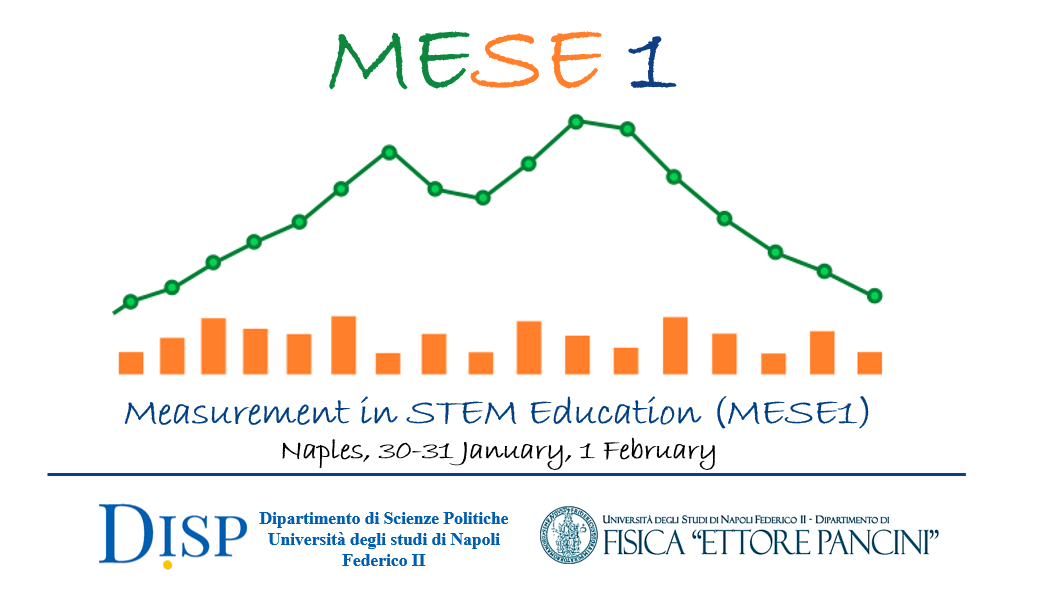Speaker
Description
We administered FMCE concept inventory (Thornton and Sokolof, 1998) at the beginning of college studies to young Physics and Engineering freshmen of the University of Trieste during the Academic Year 2021- 2022. We wanted to spotlight if there were influences on the Physics knowledge acquired involved by the context of instruction (Bao and Redish, 2006). We provided the Italian translation of the Concept Inventory to administer it to freshmen. The translation from the original English FMCE was performed using a conceptual translation model. To investigate conceptual coherence, we analysed the responses exploring if there was knowledge fragmentation in using the concepts, thus looking for lack of conceptual change (diSessa, 1993, 2014; Vosniadou, 1994).
We conducted two different kinds of analysis. The first one was based on multivariate descriptive statistics. Then we undertook an in-depth analysis based on the Artificial Neural Network (ANN) method (Lamb et al., 2014). This versatile framework (Amoo et al., 2018) computes relationships based on the interaction of multiple connected processing elements (Lamb et al., 2014; Pinkus, 1999). We used ANN as an analytical data method to investigate possible statistical evidence of what descriptive analysis suggested. In ANN design, we adopted the Sanger rule, also known as Sequential Principal Components Analysis, which forces neurons to represent a well-ordered set of principal components of the data set (Sanger, 1989). Artificial Neural Network analysis supplied a deeper insight into data-set statistical correlation. The Artificial Neural Network analysis validated what was depicted by descriptive statistical analysis. This gave us a noteworthy method to feature students’ conceptual knowledge expressly about force and motion topics, even if we need to observe a more representative sample for a more robust statistical inference. One relevant result concerns the responses clustering according to conceptual misunderstanding (Hammer, 1998). This shows that most of the sampled freshmen begin their College studies in Physics and Engineering still knowing force and motion concepts intuitive or naïve. Only a small group of students, mainly belonging to the Physics freshmen group, exhibit a robust conceptual building in the description of force/motion phenomena. This clearly occurs by probing the neural network and relying on how different groupings of students follow the answers identified.
Exploring the correlation between answers and past-curriculum, we observed that a long-exposure to physics curricular studies enacts a better conceptual understanding, as would be. What remarkable occurs is the negative trend in students with a three-year past-curriculum. Even if they experienced Physics studies at a heightened performance of cognitive development (mostly between 17-19 years old), they would suffer the lack of conceptual change in force/motion description. The difficulties are steady in students with only early two-year exposition to Physics studies. Finally, by present-curriculum choice, we confirmed the differences between students’ group affiliations. Students from the Civil, Environment, Electronic and Informatics Engineering group present more conceptual difficulties than Physicists and Industrial Naval Engineers.
| Research Strand | Assessment and Evaluation in science learning processes |
|---|

